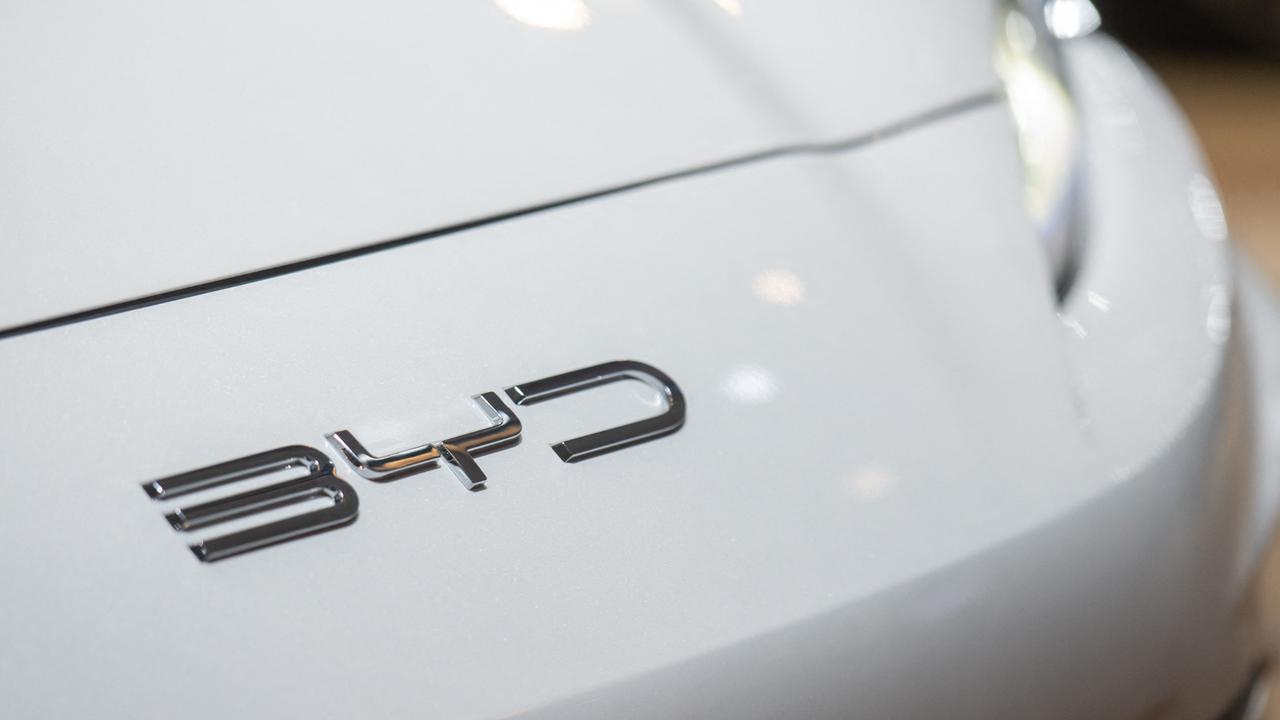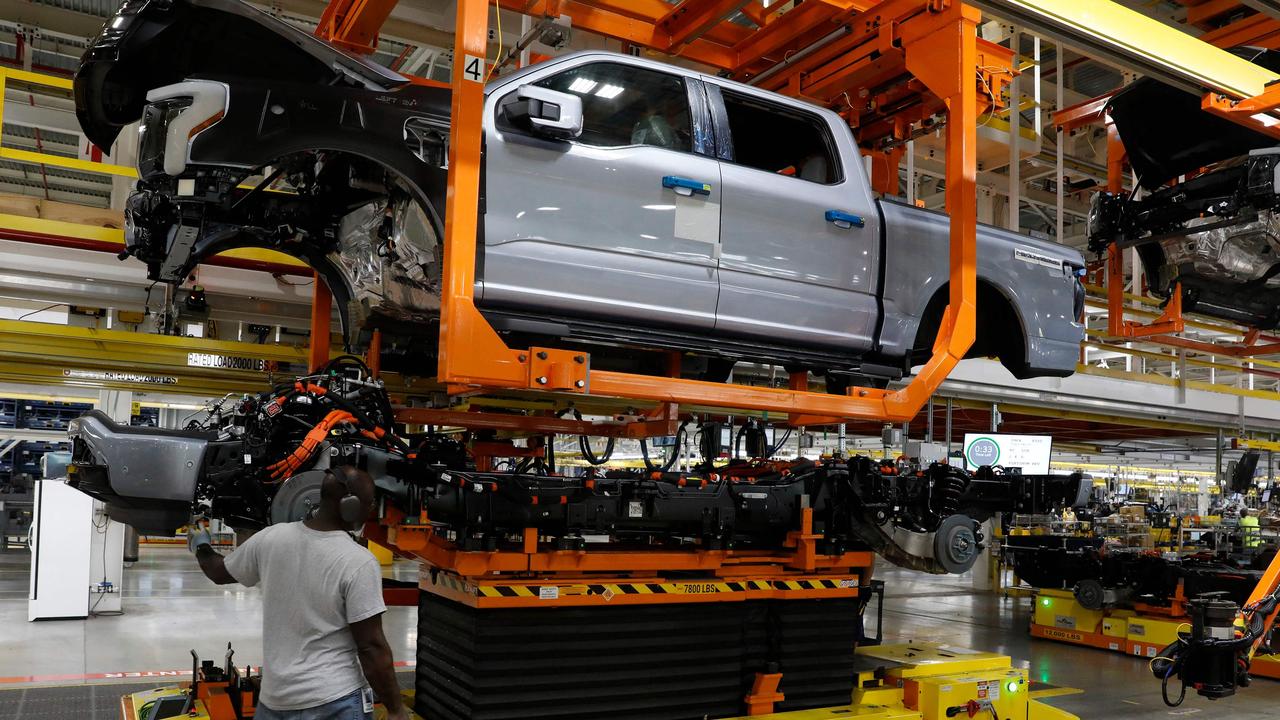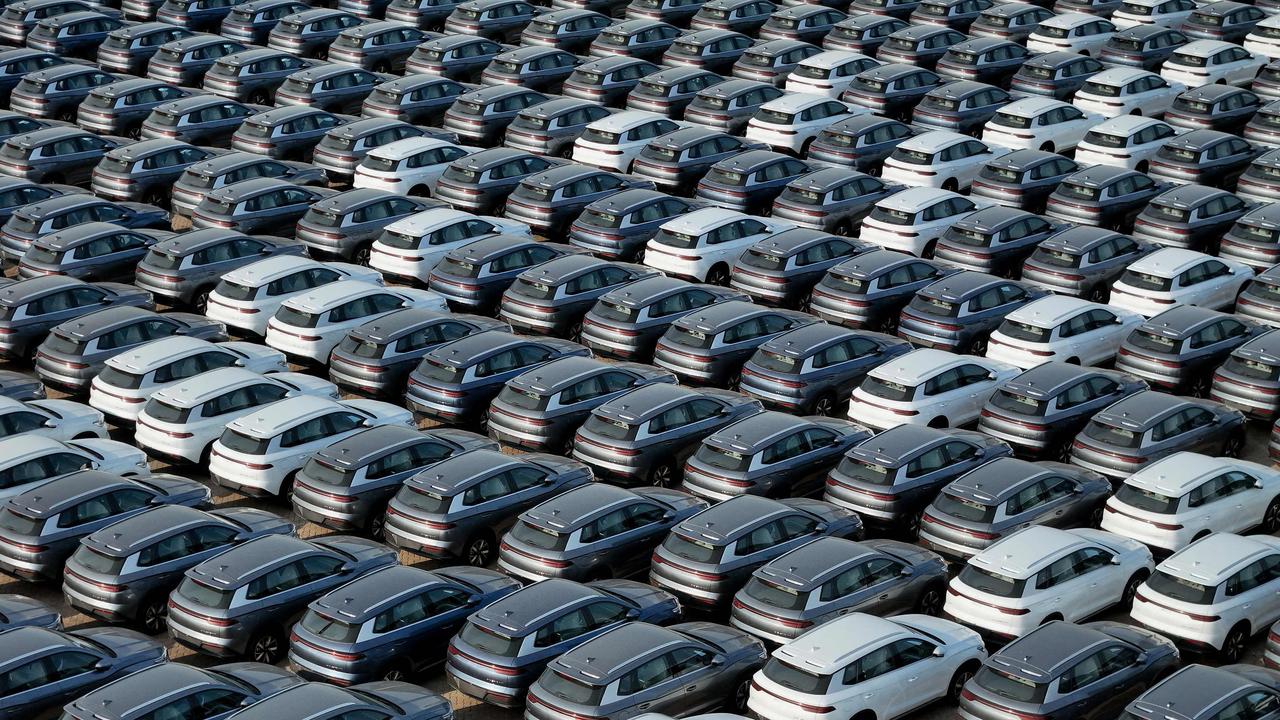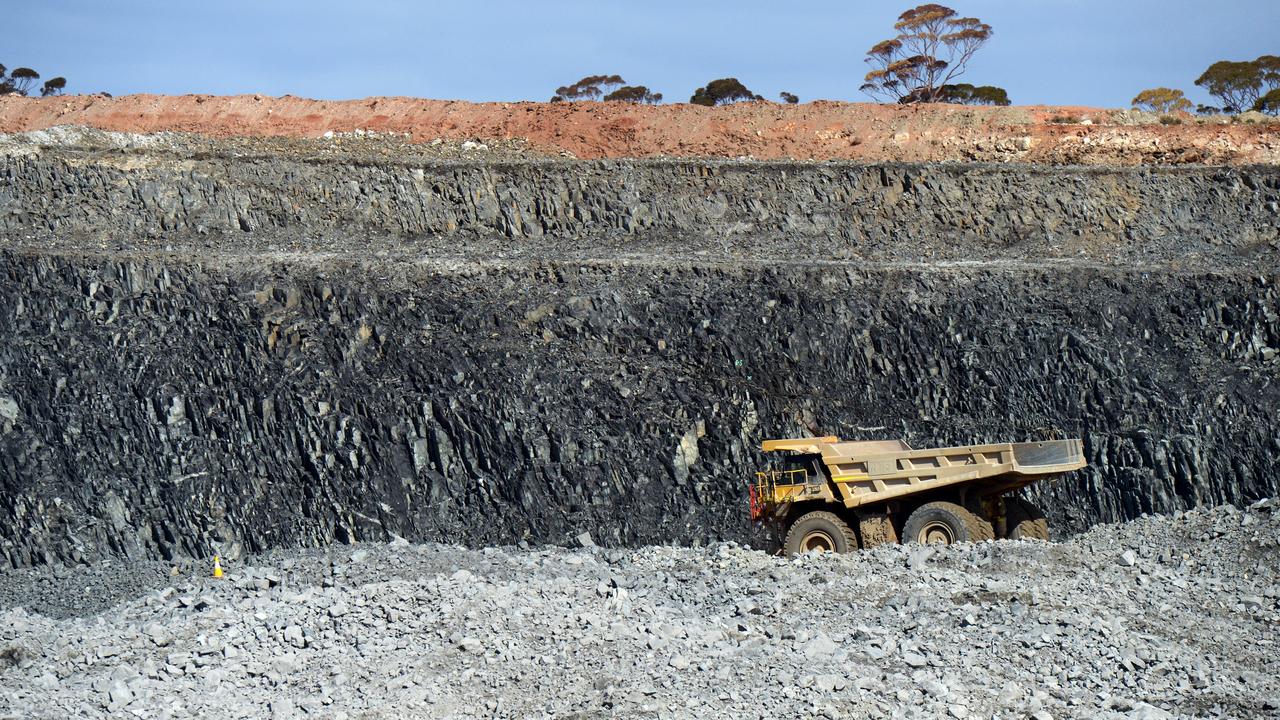What US ban on China tech in cars means for Australia
A US decision to impose sweeping bans on Chinese technologies will have huge ramifications for Australia, experts say.
Experts believe Australia faces a huge risk to its ability to transition from traditionally-fueled vehicles to electric-powered cars following a US government decision to ban Chinese and Russian technologies.
Proposed in September, the US has now finalised plans on national security grounds to prevent Chinese and Russian technologies from being used in vehicles sold in the US, with software restrictions taking effect from the 2027 model year and hardware bans starting in 2029.
The ban will also restrict Chinese car companies from testing self-driving cars on US roads.
China is the world’s largest auto exporter and ranks in the top three for US automotive part suppliers.
According to experts the escalating US-China tech rivalry could disrupt Australia’s own automotive supply chain, particularly as several US manufacturers export to Australia.
Australia is also becoming increasingly reliant on Chinese EV components and mineral processing.
MORE:‘We have a threat’: US moves on China, Russia cars
Several experts said the major concern stemming from the tech rivalry is that Australia could follow the US in restricting Chinese automotive technology, citing TikTok as an example.
The US will move to ban Chinese-based app TikTok in the country from January 19, with speculation rife Australia could follow suit with a federal election around the corner.
Meanwhile, the Australian Government is monitoring developments in the US on connected vehicles and engaging with the US and other partners.
Connected technologies, such as electric vehicles, make important contributions to the governments net zero agenda however the Australian Government will assess the benefits while considering national security and broader economic considerations.
MORE:Shock EV move: Chinese giant blacklisted

MORE: ‘Loaded gun’: China deal fears after blacklist
University of Technology Sydney Australia-China Relations Institute (ACRI) associate professor Dr Marina Yue Zhang said an Australian ban on Chinese car technologies could slow the uptake of electric vehicles (EVs).
“The looming threat of a government ban creates significant uncertainty for consumers considering EV purchases,” she said.
“Potential buyers may hesitate to invest in Chinese-made EVs, fearing that their vehicles could become obsolete or unsupported if a ban is enacted.”
While Australia’s local EV manufacturing scale is only small, Zhang added that potential Chinese export restrictions could also impact Australia’s EV production.
“Without a stable supply of battery-grade materials, Australian EV manufacturers risk stalled production lines,” she said.
“Any scarcity or supply blockage could raise costs for battery cells and related EV components.”

As for what the US ban means for Australia, Zhang explained that the new restrictions could impact Australia’s access to EV technology.
“If the US imposes tighter controls on the sharing of proprietary automotive software or cloud-based platforms with Chinese partners, Australian companies relying on these global software ecosystems might encounter licensing hurdles and higher compliance costs,” she said.
Despite Australia no longer having any of its own major automotive brands, Zhang explained the country hosts a network of importers, part suppliers and assembly operations, all who should diversify their supply chain.
“These stakeholders should explore partnerships or suppliers in other regions—such as Southeast Asia, India, North America, or Europe—to mitigate potential disruptions arising from over-reliance on China,” she said.
University of Melbourne senior lecturer and director of the master of supply chain management Dr Mehrdokt (Medo) Pournader warned that disruption in the supply of critical EV components from China may have significant consequences for Australia if the US puts restrictions on Australia.
“With the rise of adoption of Chinese manufactured EV in Australia such as BYD, the automotive industry reliance on the Chinese market is increasing,” she explained.
“The US-China tech rivalry would limit technological collaborations and tech diffusion between Australian and Chinese firms.”
While the risks assocaited with the US move are substantial, Dr Pournader said changes could also open up lucrative opportunities for Australia as well.
“There might be opportunities to focus on domestic manufacturing of EVs in Australia and programs to boost automotive supply chain diversification to decrease Australia’s dependence on Chinese automotive industries,” she said.

Australia plays a key role in the global EV battery supply chain as a major exporter of lithium, a critical mineral required for battery production.
However, much of the lithium sourced in Australia is sent to China for processing before being turned into battery-grade materials.
If China’s supply chain is disrupted this could impact pricing and ultimately raise battery manufacturing costs and EV prices, Dr Pournader explained.
“Cobalt, Nickel and Graphite are three other options minerals used in the batteries and processed in China. And the same consequences will occur if China’s processing operations are disrupted,” she said.
While supply chain disruptions could raise production costs, Institute for International Trade executive director and University of Adelaide Professor of School of Economics and Public Policy Peter Draper said Australian consumers could see short-term benefits.

“Since we are predominantly an importer of EVs, and China is the global hub of EV production, them being shut-out of the US market and finding the EU market increasingly difficult to access very likely means cheaper EVs coming our way in the short term. Potentially a flood of them,” he said.
However Professor Draper said this may be short-lived if the next government adopts the US ban on Chinese software and hardware.
More Coverage
Draper explained it's a “delicate balance” the Australian government must maintain with China, referring to the “stabilisation path” which is the current diplomatic strategy aimed at maintaining a stable relationship with China.
He added that if the future Australian government shifts away from this approach and adopts a more aggressive stance then it could trigger a response from Beijing, such as export restrictions on critical minerals and automotive components.
“I could see the next government adopting the US ban on Chinese software and hardware in connected vehicles in some form, which may precipitate the deviation from ‘stabilisation’,” he said.





